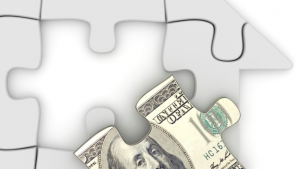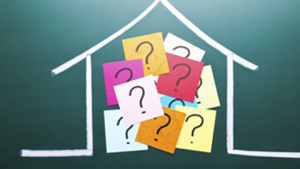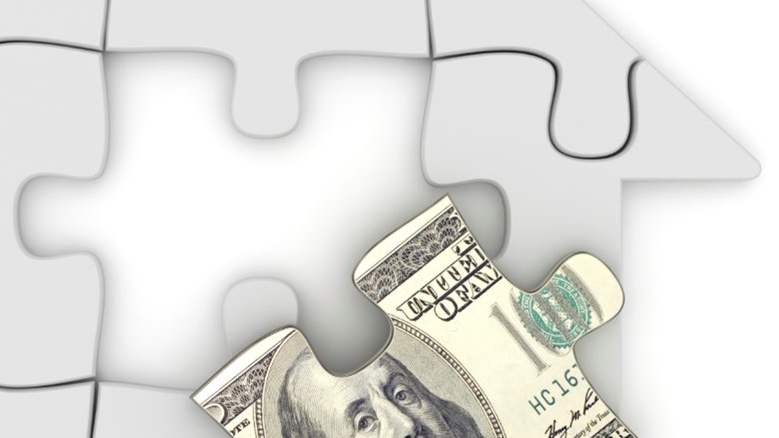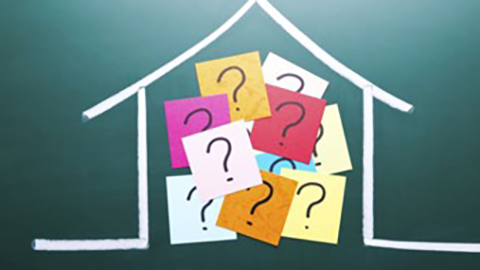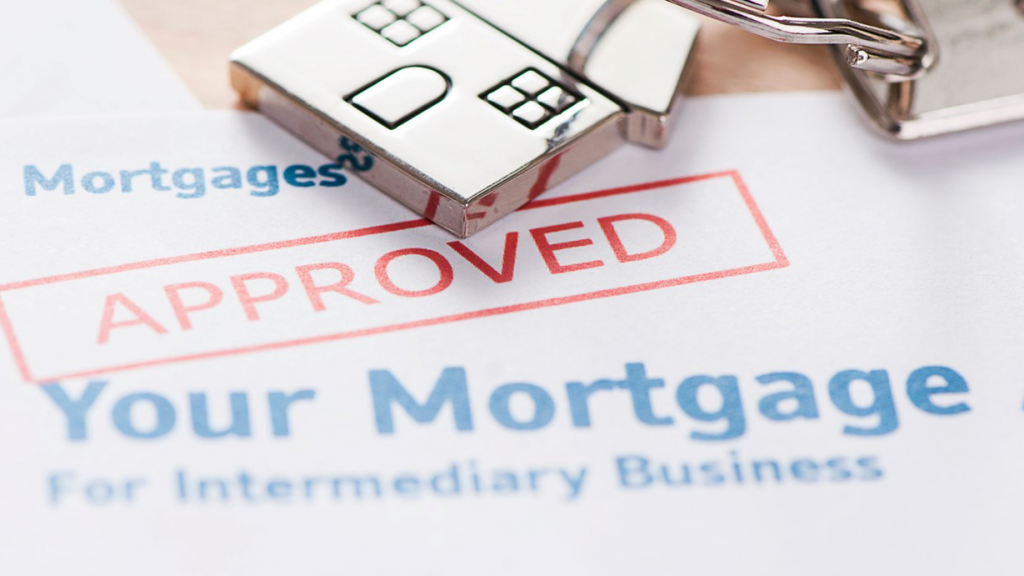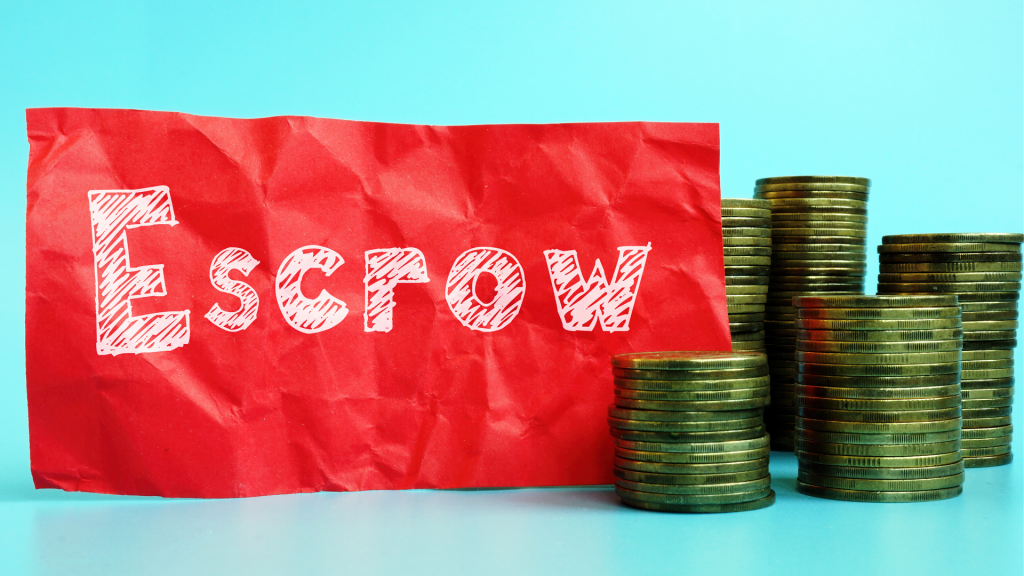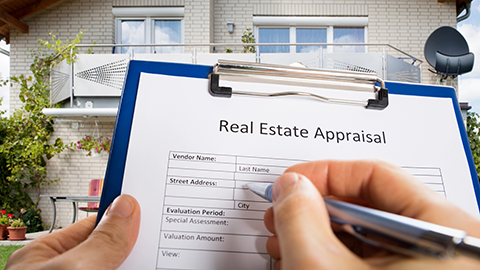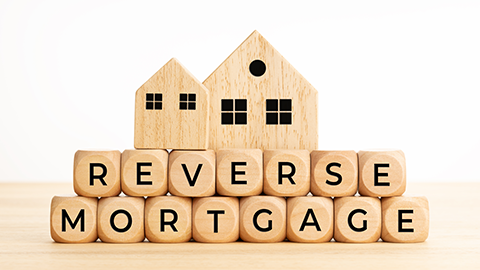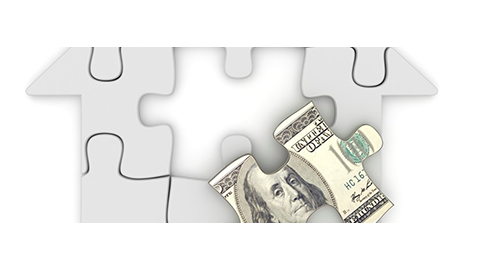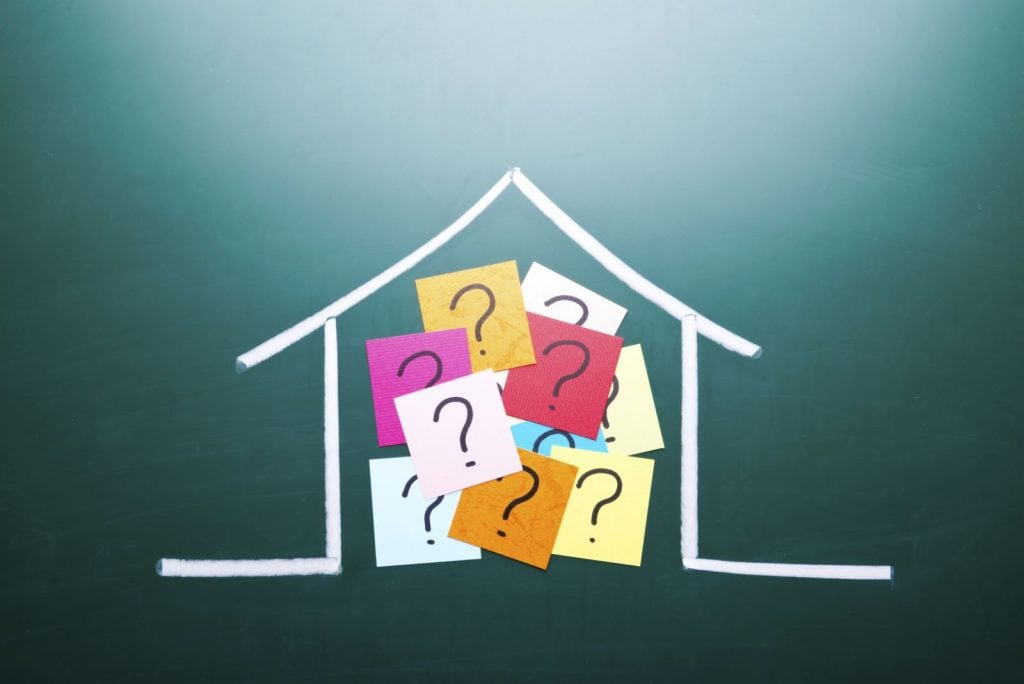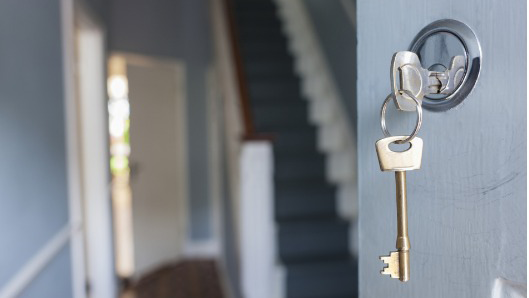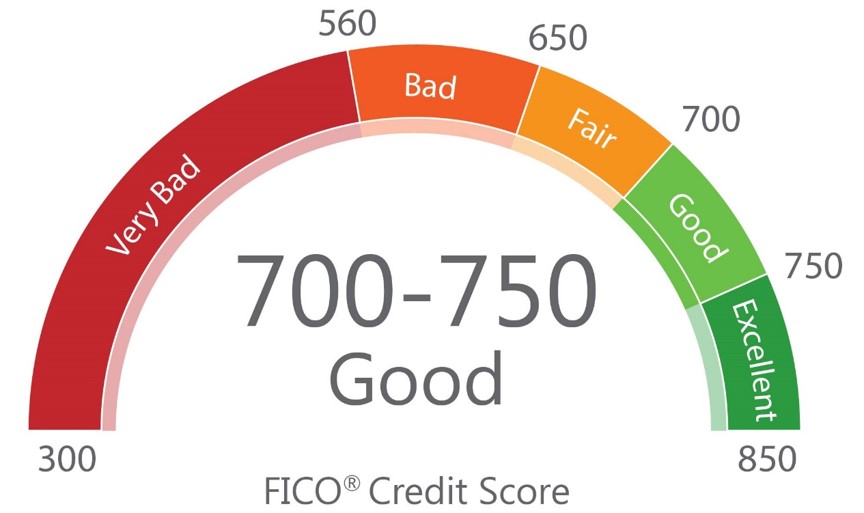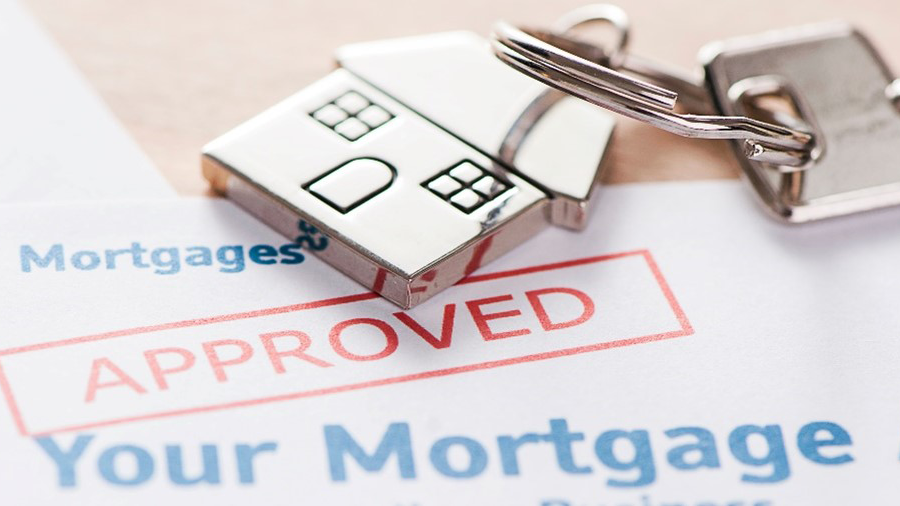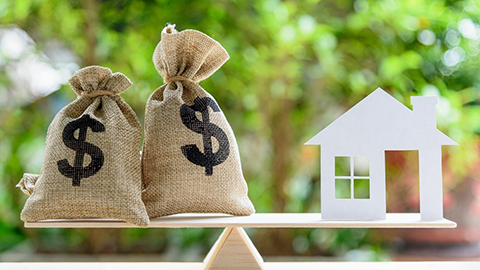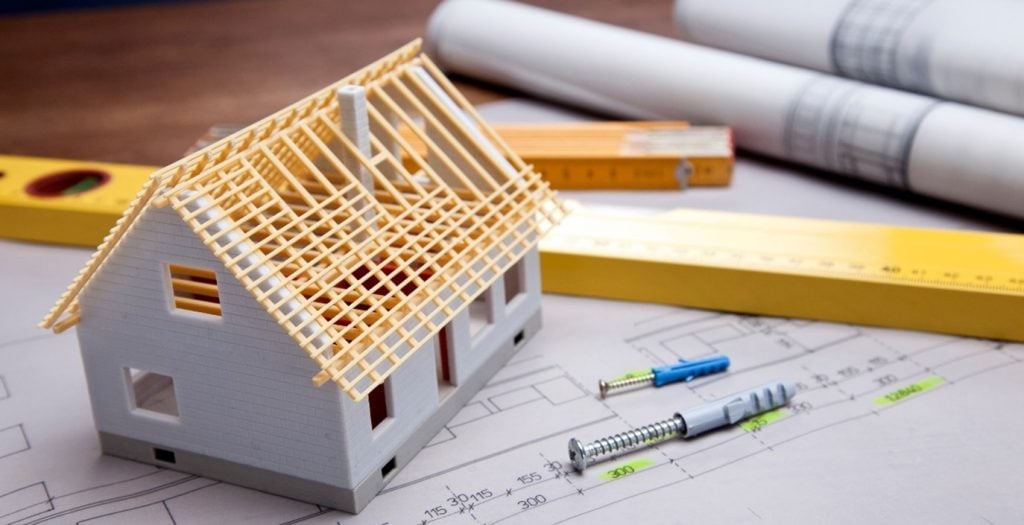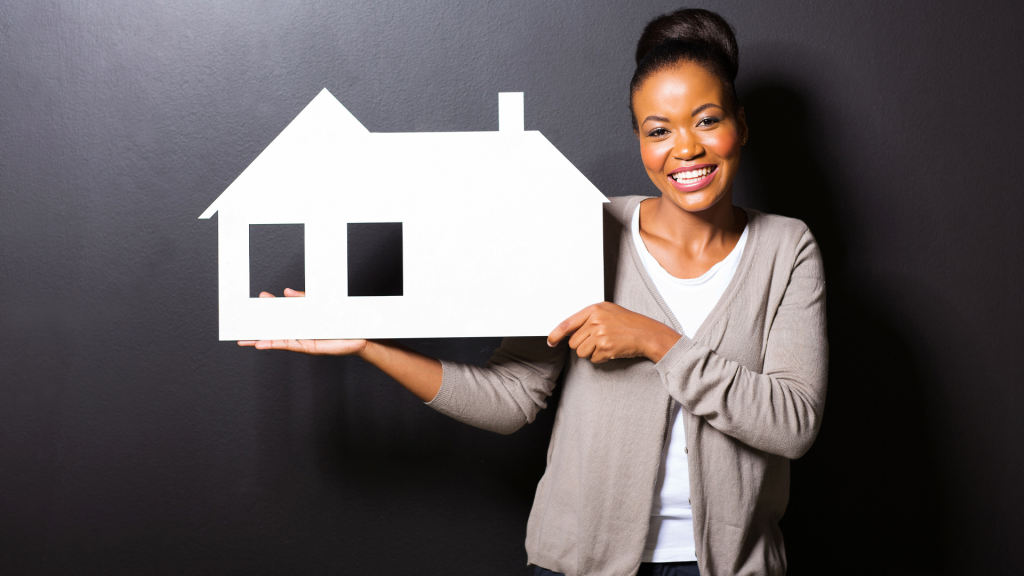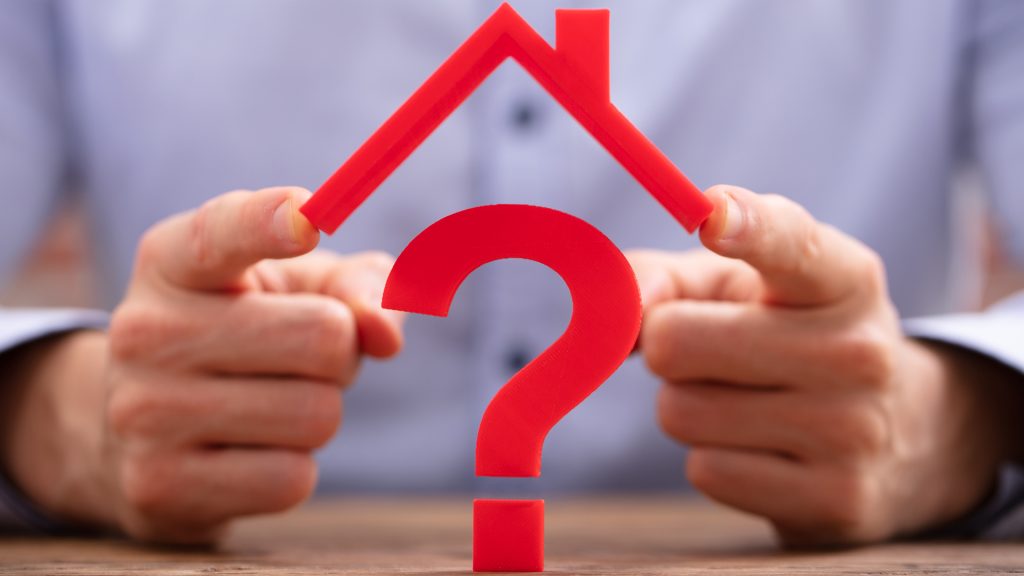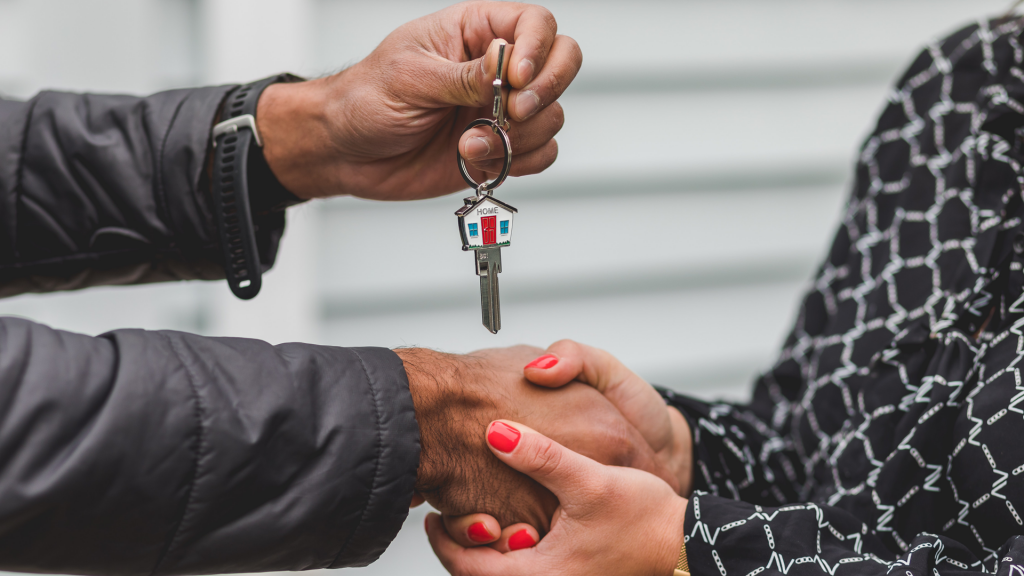
Homeowner’s insurance is a crucial safeguard for both your investment in your home and the lender’s financial interest when you have a mortgage. This insurance provides a financial safety net against unexpected events such as fire, theft, storms and other covered perils, ensuring that you are not left to bear the full cost of repairs or rebuilding on your own. In addition to protecting the physical structure, homeowner’s insurance covers your personal belongings and offers liability protection if someone is injured on your property or if you inadvertently cause damage to others.
For most homeowners with a mortgage, insurance is not optional. Lenders require proof of coverage to protect their investment and many integrate the insurance premium into your monthly mortgage payment through an escrow account. This arrangement simplifies your finances by combining principal, interest, taxes and insurance into a single payment. The lender then pays your insurance premium directly when it’s due, helping you avoid lapses in coverage.
Homeowner’s insurance is not the same as mortgage insurance; it is designed to protect your property and belongings, not just the lender’s risk. Even after your mortgage is paid off, maintaining coverage is strongly recommended to protect your home-the largest investment most people ever make.
Contact one of our Mortgage Representatives today to assist you in meeting your homeownership goals!
Opinions expressed above are the personal opinions of the author and meant for illustration purposes only. For specific questions regarding your personal lending needs, please call RCB Bank at 855-BANK-RCB. With approved credit. Terms, qualifications and other restrictions apply. Member FDIC, Equal Housing Lender, RCB Bank NMLS #798151.
Sources:
- https://www.allstate.com/resources/home-insurance/do-you-need-homeowners-insurance
- https://www.moneygeek.com/insurance/homeowners/is-homeowners-insurance-included-in-mortgage/
- https://www.consumerfinance.gov/ask-cfpb/what-is-homeowners-insurance-why-is-homeowners-insurance-required-en-162/
- https://www.cbsnews.com/news/first-time-homeowners-guide-to-home-insurance-coverage/
- https://www.travelers.com/home-insurance/coverage
- https://www.experian.com/blogs/ask-experian/is-homeowners-insurance-included-in-mortgage/

